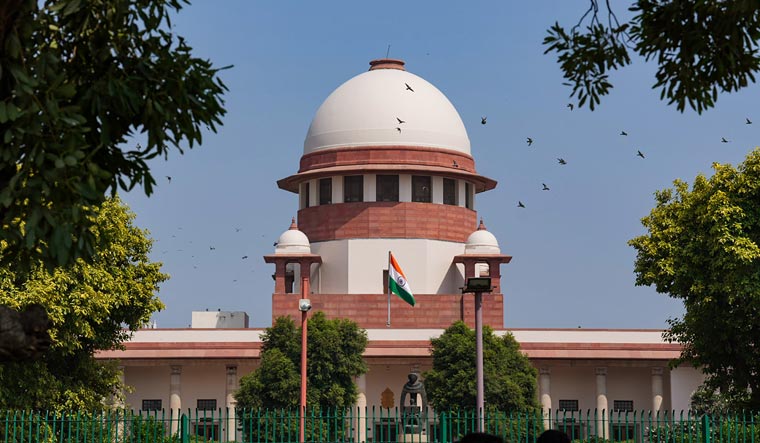The Supreme Court will hear over 200 petitions challenging the validity of the Citizenship (Amendment) Act on Monday, the day it reopens after a nine-day Diwali vacation.
The bench comprising Chief Justice U U Lalit and justices S Ravindra Bhat and Bela M Trivedi will hear as many as 232 petitions. The public interest litigations came up before the bench of UU Lalit and S Ravindra Bhat on September 12 after interruptions caused by the pandemic. It was then that pleas were referred to a three-judge bench for further consideration.
The CAA that grants Indian citizenship to non-Muslim migrants belonging to Hindu, Sikh, Buddhist, Christian, Jain, and Parsi communities from Pakistan, Bangladesh and Afghanistan who have come to the country till 2014, had been criticized by many over the exclusion of Muslims.
The lead plea on the issue was filed by the Indian Union Muslim League (IUML). It claims the CAA violates the fundamental Right to Equality and intends to grant citizenship to a section of illegal immigrants by making an exclusion based on religion.
Besides IUML, several other petitions have also been filed challenging the constitutional validity of the amended law, including by Congress leader Jairam Ramesh, RJD leader Manoj Jha, Trinamool Congress MP Mahua Moitra, and AIMIM leader Asaduddin Owaisi. Muslim body Jamiat Ulama-i-Hind, All Assam Students Union (AASU), Peace Party, CPI, NGO 'Rihai Manch', advocate M L Sharma, and law students have also approached the apex court challenging the Act.
Meanwhile, the Centre on Sunday urged the Supreme Court to dismiss pleas challenging the validity of the CAA, stressing that the law does not encourage illegal migration in Assam or any future influx of foreigners in the country.
It also vehemently defended the exclusion of certain areas of Assam and other Northeastern states from the application of the CAA, saying it has been done to protect the ethnic/linguistic rights of the natives and this was not discriminatory.
The affidavit said that the law is narrowly tailored and only those migrants belonging to the six specified communities from the three countries who had entered into India on or before December 31, 2014 will be covered by the provisions of this Amendment Act.
These migrants are already living in India. The Amendment Act does not have any provision which provides for the grant of citizenship to such migrants who would have come after December 31, till date or on any future date. It is respectfully submitted that the CAA, 2019 does not in any way encourage illegal migration into Assam, it said.
(With inputs from PTI)



